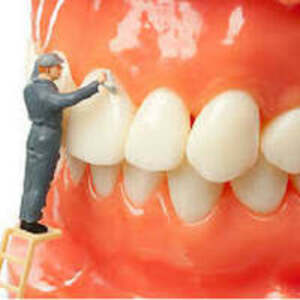1. How much time is needed ?
Usually it takes 30 mins to 1 hour for routine scaling appointment.
Depending on work or stains / Calculus on teeth it may be extended up to 2 hours. e.g tobacco, smoking, coffee stains which are difficult to remove.
2. How Cost of scaling is decided ?
Total Cost for scaling is decided by amount of time and amount of stains / calculus present on teeth at the time of consultation.
It will be communicated in advance to you before you opt in for procedure.
refer Grade 1 / Grade 2 / Grade 3 for cost at bottom of page.
3. What is procedure for dental scaling ?
Dental scaling involves several steps to thoroughly clean the teeth and gums. The procedure begins with an examination where the dentist or hygienist assesses the extent of plaque and tartar buildup.
Next, an ultrasonic scaler or manual instruments are used to remove plaque and tartar from the tooth surfaces, both above and below the gumline.
The ultrasonic scaler uses vibrations to break up the tartar, while water is sprayed to wash away debris. Manual instruments may be used for finer cleaning. In some cases, root planing is also performed, which involves smoothing the tooth roots to help the gums reattach to the teeth.
4. What are types of Dental Scaling ?
There are two primary types of dental scaling: supragingival scaling and subgingival scaling.
Supragingival scaling focuses on removing plaque and tartar from the visible surfaces of the teeth, above the gumline. This is typically performed on patients with mild to moderate periodontal issues.
Subgingival scaling, on the other hand, involves cleaning beneath the gumline, targeting the roots of the teeth and the areas where plaque and tartar have accumulated in periodontal pockets. This type of scaling is necessary for patients with more advanced gum disease.
5. When should I have my next scaling appointment ? any recommendations ?
Usually it is advisable to get scaling done after every six months.
Practically in India very less awareness is present amongst population regarding teeth cleaning so very few patients re visit dental clinics,
but not getting scaling done in time might prove costly in future as poor oral hygiene leads to dental caries or gum issues.
6. Does Scaling has any dis-advantages or side effects ?
as such scaling will not create any damage to your teeth or gums as procedure is done via using an advanced scaler machine which creates vibrations only.
many patients complaint of increased sensitivity in teeth.
